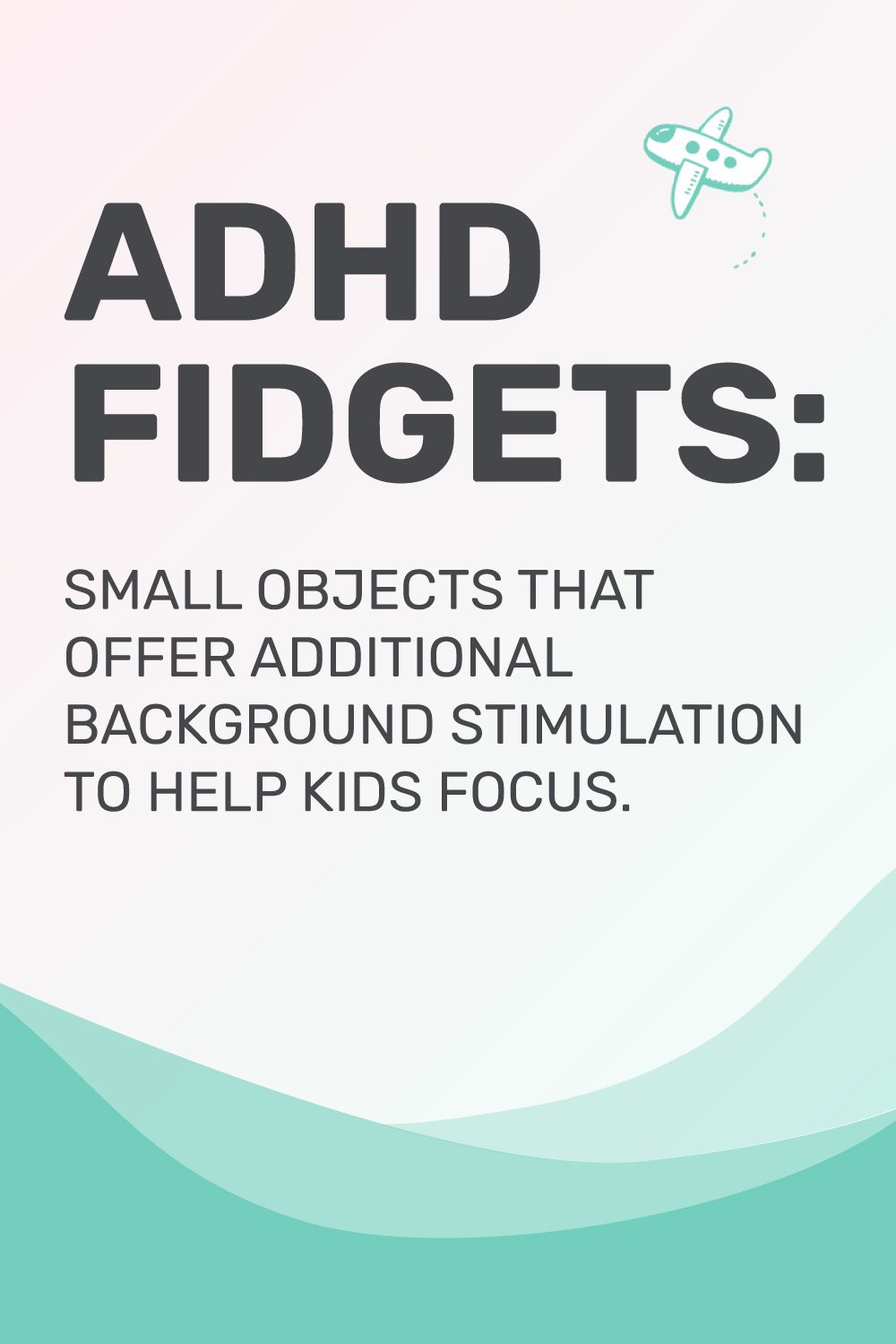When your toddler starts biting, don’t panic! It’s a normal part of growing up, especially for kids between 1 and 3 years old. They might be biting because they’re teething, curious about how things feel in their mouth, or dealing with big feelings like frustration or excitement. Sometimes, they bite when tired, scared, or just trying to get your attention. And yes, they might bite if they see other kids doing it.















